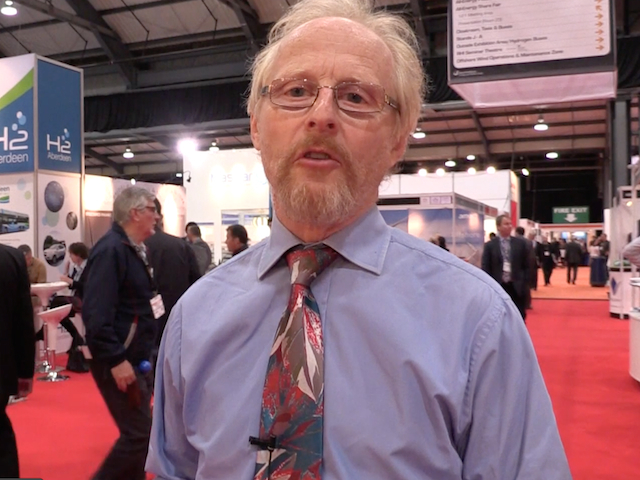
Last week, Bristow Helicopters got in touch with us full of enthusiasm.
The company wanted to share the first deployment of the new EBS – emergency breathing system – for North Sea workers, mandated earlier this year by the Civil Aviation Authority.
That deployment was early yesterday out of Scatsta, Shetland.
The company was keen to fly a member of the EV team to the airstrip to film the first offshore contingent of offshore workers donning the EBS just manufactured by Survitec before boarding their aircraft.
The result in publicity terms would have complemented the significant coverage that we have devoted to getting the message across about the importance of the new system and that fact that it probably marks a major leap forward for North Sea aviation safety.
But on Friday, having just been made, arrangements by Bristow to enable EV to mesh with the guys were cancelled.
Why?
We were told at the last minute that the trip was off. It wasn’t Bristow’s decision. It was “management” at Scatsta.
The message I received through an intermediary said: “As you may be aware, Scatsta is a privately-owned airport and they have now decided that they do not want to have any filming /interviews done at this stage. Unfortunately that means we have no facility for filming or interviews.”
Is this not a case of the tail wagging the dog? Scatsta is operated by Serco on behalf of licence holder BP. It is there to provide a service not just to BP but the wider industry working in the northern sectors of the UK Continental Shelf.
Given the importance of the EBS initiative, Scatsta’s management should have made sure Bristow was given every help regarding filming, etc of the first bunch of guys to wear it for real.
Instead they kaiboshed it.
People have moved mountains to enable the mass introduction of EBS. The CAA’s deadline was incredibly tight thought negotiation between the quango and offshore industry did result in a pragmatic compromise.
Thousands of workers have been introduced to the Category A apparatus already and many thousands more will go through dry training by September 1.
What a pity it is that Scatsta’s management failed to enter into spirit of this huge step forward in safety. Or maybe it was someone in higher authority at Serco wielding their authority clumsily?
Based on the facts originally to hand, the finger pointed to Serco management. However, it was management of a different kind.
It has since emerged that it was IAC, the consortium of offshore companies that use Scatsta (BP holds the licence) that decided against allowing filming, perhaps because it is almost a year since the Shetland helicopter tragedy and so there are sensitivities attached.
That said, my fundamental view remains the same. It was a missed opportunity to highlight the huge and very positive changes that are taking place on the North Sea aviation front and which will probably impact worldwide.
Recommended for you
